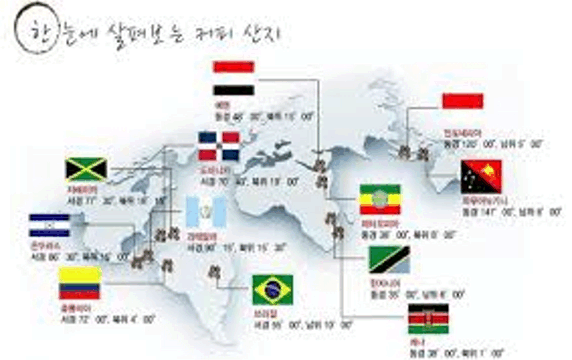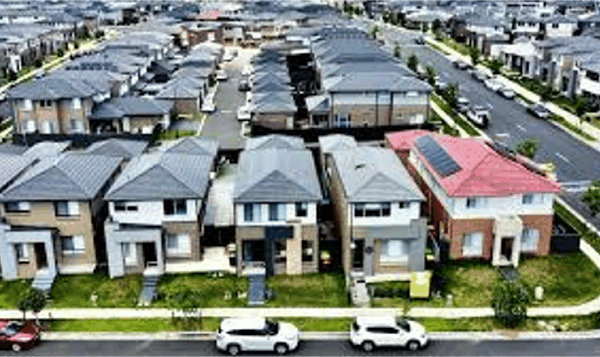I
탄핵 재판이 마무리되면서 한국 의회가 윤석열의 해임을 촉구
탄핵된 윤석열 대통령의 헌법재판소 탄핵 재판
박주민 기자
서울(Reuters) – 윤석열 대통령이 복직되면 다시 계엄령을 선포하거나 헌법 기관을 훼손할 수 있다고 국회 변호인들이 화요일에 주장했습니다. 탄핵 재판이 마지막 단계에 접어들었습니다.
12월 3일 계엄령을 간략하게 선포한 역할에 대해 형사 고발을 받은 사람들을 포함하여 고위 현직 및 전직 공무원들이 몇 주 동안 증언한 후, 양측 변호인들은 헌법재판소에서 주장과 증거를 요약했습니다.
“국가 비상사태에 맞지 않는 상황에서 계엄령을 선포하는 것은 독재와 군부 통치를 선언하는 것”이라고 국회 변호사인 김진한이 판사들에게 말했습니다.
그는 1월에 다른 법원을 습격한 친윤 시위대를 언급했습니다.
“그가 직장에 복귀하더라도 다시 계엄령을 행사할지는 알 수 없습니다.”라고 김 변호사는 말했습니다. “그가 직장에 복귀한다면 다른 국가 및 헌법 기관을 공격할 가능성을 배제할 수 없습니다.”
헌법재판소는 목요일에 탄핵된 총리와 전 경찰서장을 포함한 세 명의 증인을 심문하기 위한 또 다른 심리를 열 예정입니다.
헌법재판소는 12월 14일에 윤에 대한 국회의 탄핵을 검토하고 그를 영구히 해임할지 복직시킬지 여부를 결정할 것입니다. 그가 해임되면 60일 이내에 새로운 대선을 치러야 합니다.
윤은 대통령으로서 계엄령을 내릴 권리가 있다고 주장했는데, 계엄령은 의회의 반대에 직면해 철회하기 전까지 약 6시간 동안 지속되었습니다. 그는 이 조치가 정치적 교착 상태와 북한에 동조하는 “반국가 세력”의 위협으로 정당화되었다고 말했습니다.
헌법재판소에서의 그의 사건에는 명령이 공개적으로 선언되었고 군대와 경찰이 의회에 배치되었음에도 불구하고 실제로 의회의 운영을 중단시킬 의도가 없었다는 주장도 포함되었습니다.
윤은 또한 국가선거관리위원회에 군대를 파견했고 나중에 이 명령이 필요한 이유는 부분적으로 NEC가 선거 해킹에 대한 우려를 해결하려 하지 않았기 때문이라고 말했는데, 선거 관리들은 이 주장을 거부했습니다.
검찰은 또한 윤을 반란을 주도한 별도의 형사 혐의로 기소했습니다. 그는 지난달 체포되어 구금 시설에 수감되어 있습니다.
이 사건에 대한 첫 번째 예비 심리는 목요일에 예정되어 있습니다.
반란은 남한 대통령이 면책권을 갖지 못하는 몇 안 되는 형사 혐의 중 하나입니다. 남한은 수십 년 동안 누구도 처형하지 않았지만 종신형이나 사형을 선고받을 수 있습니다.
(주민 박 보도, 조쉬 스미스와 케이트 메이버리 편집)
South Korea’s parliament presses for Yoon’s removal as impeachment trial winds down
Ju-min Park
Tue 18 February 2025 at 7:52 pm AEDT·2-min read


1 / 5
South Korea’s parliament presses for Yoon’s removal as impeachment trial winds down
Impeached President Yoon Suk Yeol’s impeachment trial at the Constitutional Court
By Ju-min Park
SEOUL (Reuters) – South Korean President Yoon Suk Yeol could try to impose martial law again or undermine constitutional institutions should he be reinstated, lawyers for parliament argued on Tuesday as his impeachment trial entered its final phase.
After weeks of testimony by high-ranking current and former officials, including some facing criminal charges for their role in the brief imposition of martial law on December 3, lawyers for both sides summarised their arguments and evidence at the Constitutional Court.
“Declaring martial law in a situation that doesn’t fit a national emergency is a declaration of dictatorship and military rule,” Kim Jin-han, a lawyer for the parliament, told the justices.
He cited pro-Yoon protesters who stormed a different court in January.
“If he returns to work, we don’t know if he will again exercise martial law,” Kim said. “If he returns to work, we can’t rule out the possibility that he will attack other state and constitutional institutions.”
The Constitutional Court is due to hold another hearing to question three more witnesses on Thursday, including the impeached prime minister and the former police chief.
The court is reviewing parliament’s impeachment of Yoon on December 14 and will decide whether to remove him from office permanently or reinstate him. If he is removed, a new presidential election must be held within 60 days.
Yoon has argued that he had a right as president to issue his martial law decree, which lasted around six hours before he rescinded it in the face of parliamentary opposition. He said the move was also justified by political deadlock and threats from “anti-state forces” sympathetic to North Korea.
His case at the Constitutional Court has also included arguments that he never actually intended to stop parliament from operating, even though the order was publicly declared and troops and police were deployed to the legislature.
Yoon also sent troops to the National Election Commission and later said the decree was necessary in part because the NEC had been unwilling to address concerns over election hacking, a claim rejected by election officials.
Prosecutors have also indicted Yoon on separate criminal charges of leading an insurrection. He was arrested last month and is being held at a detention centre.
The first preparatory hearing in that case is scheduled for Thursday.
Insurrection is one of the few criminal charges from which a South Korean president does not have immunity. It is punishable by life imprisonment or death, although South Korea has not executed anyone in decades.
(Reporting by Ju-min Park; Editing by Josh Smith and Kate Mayberry)










